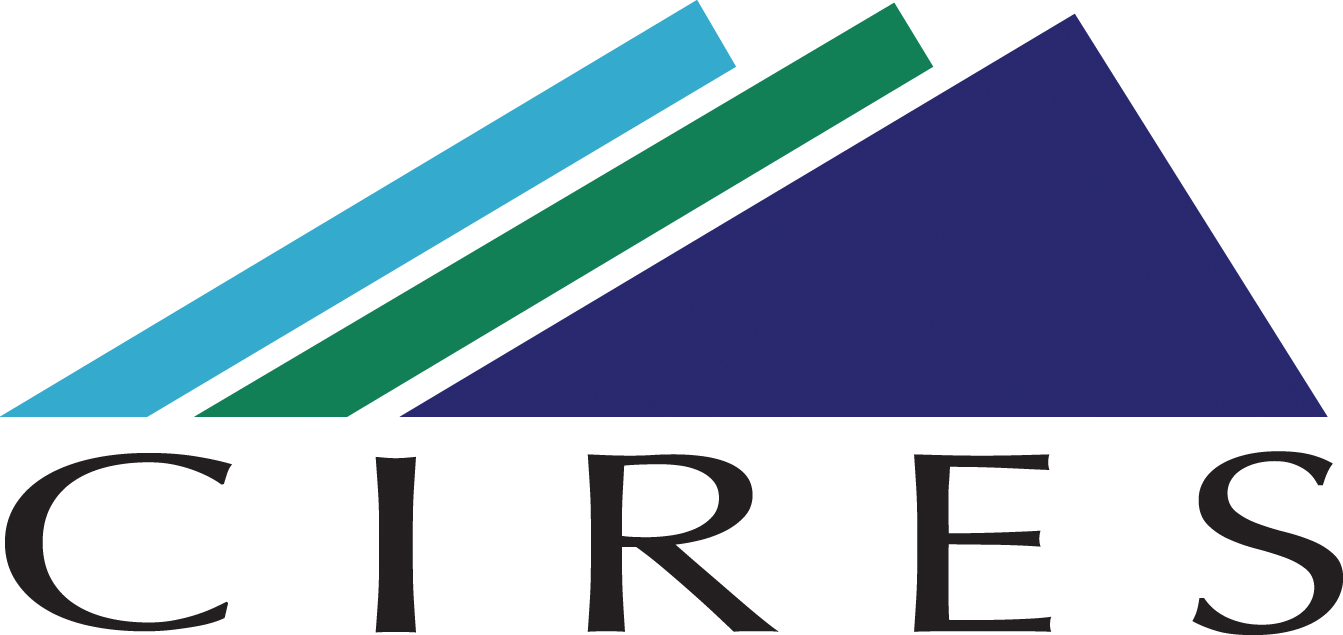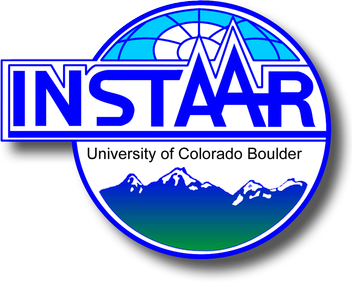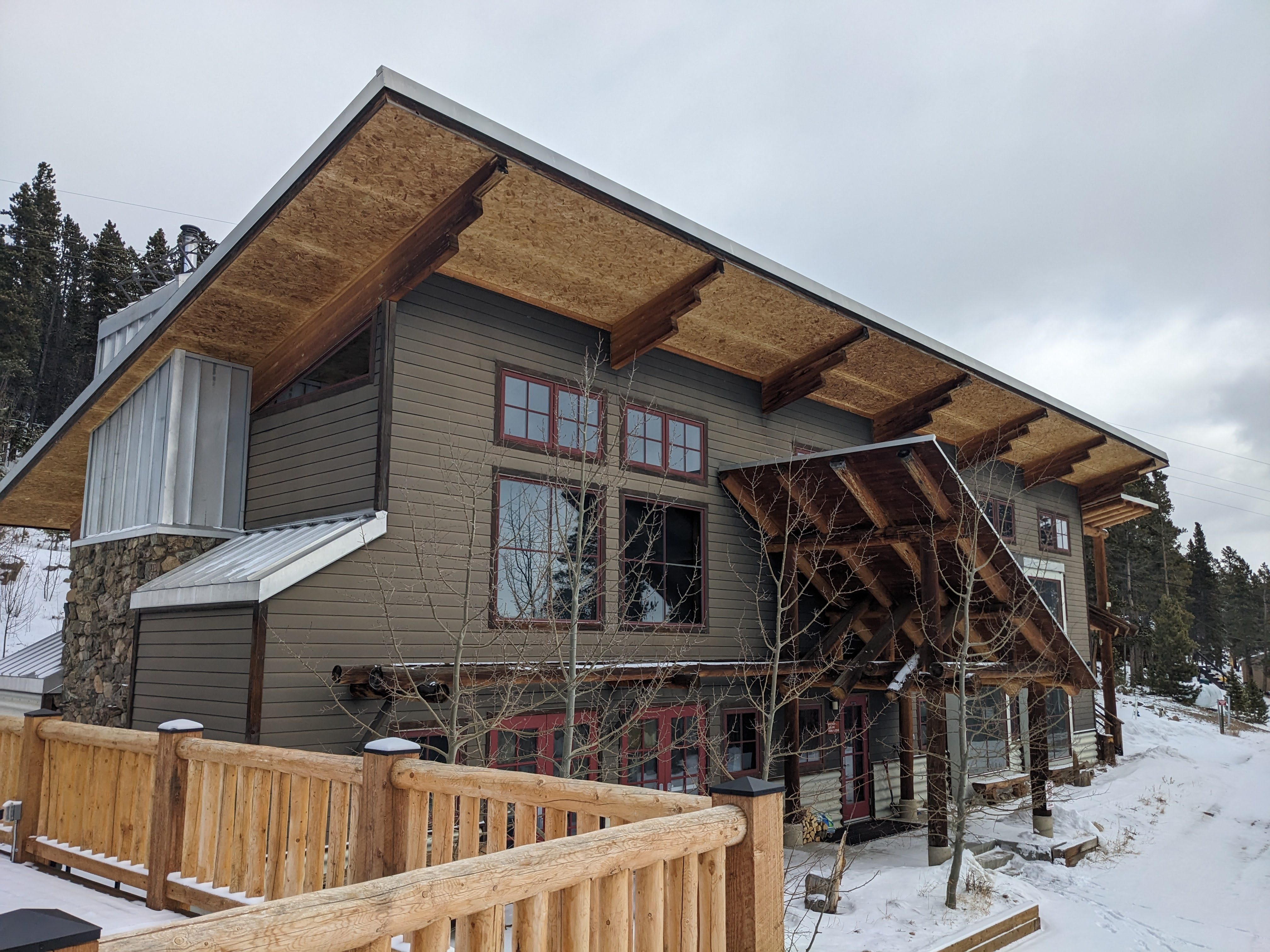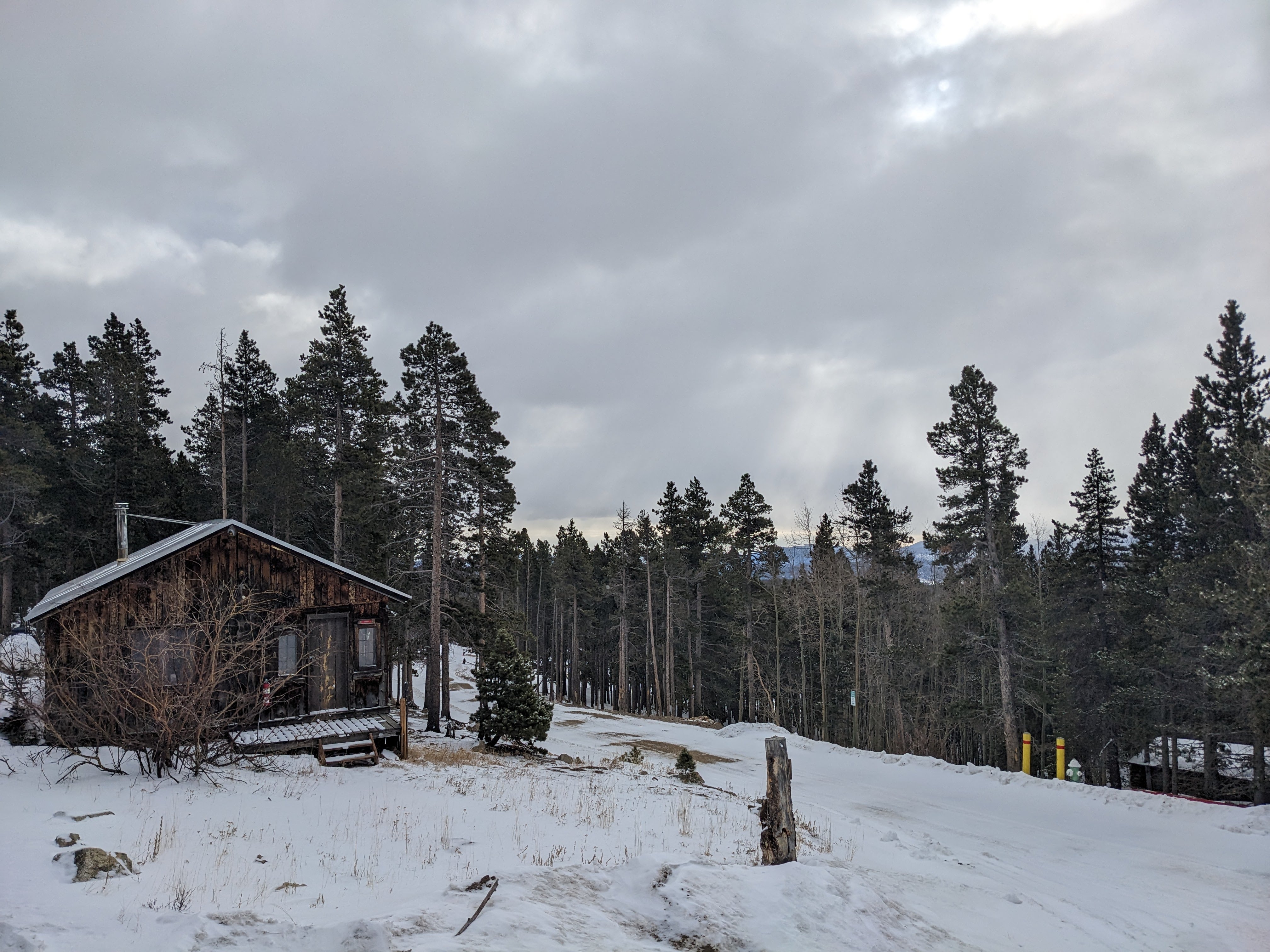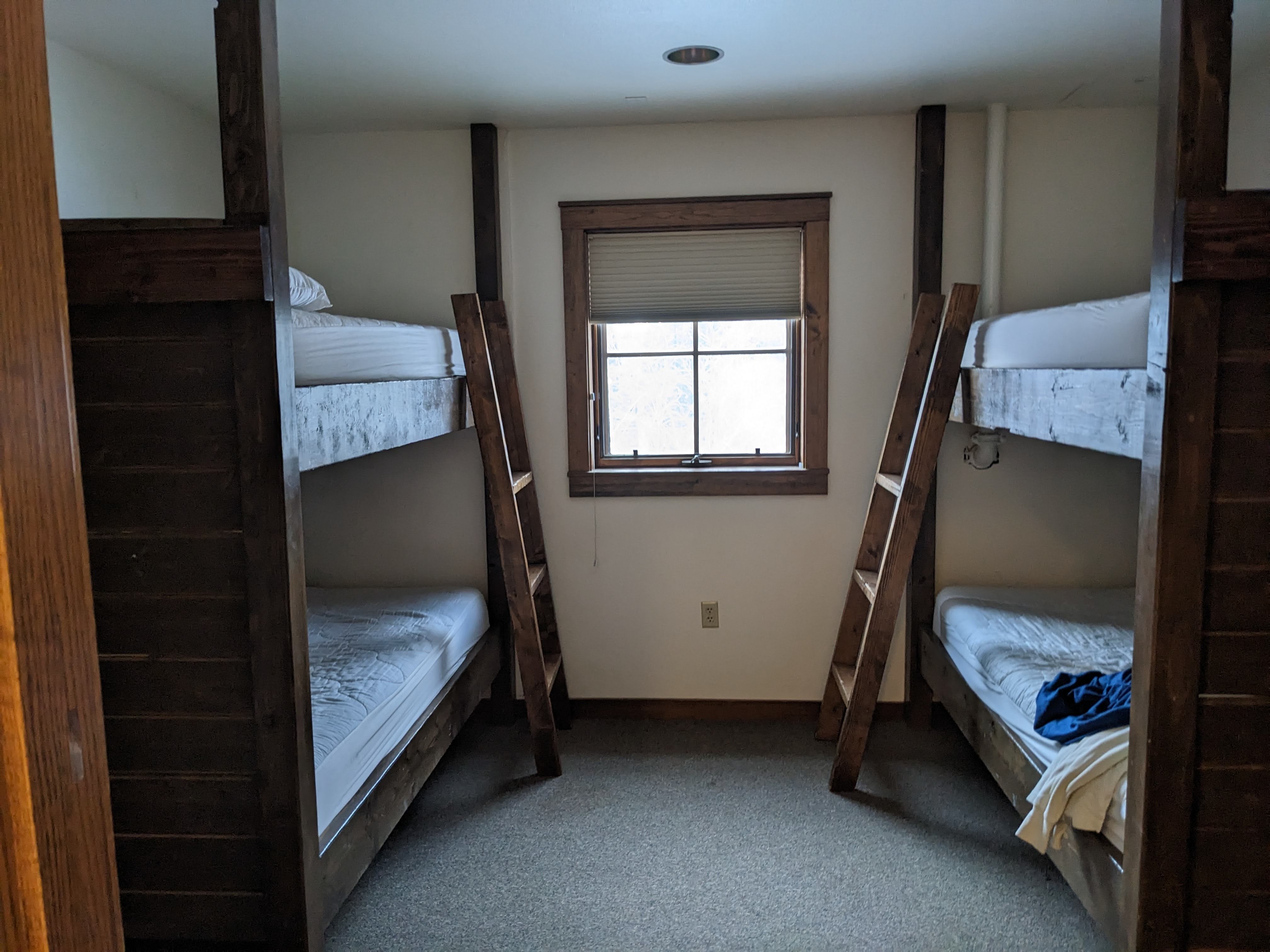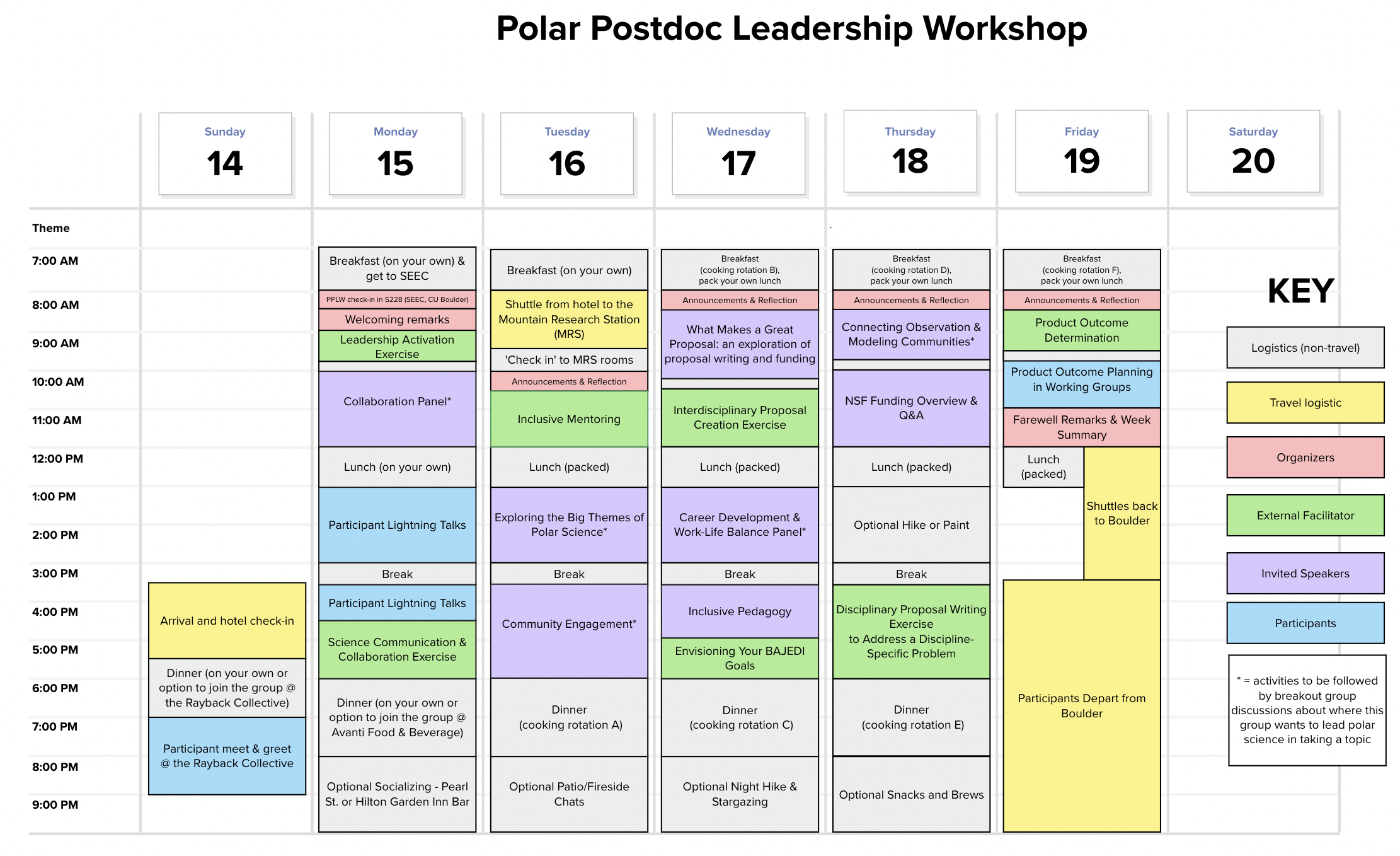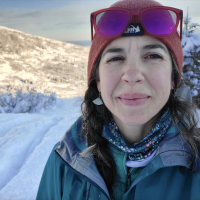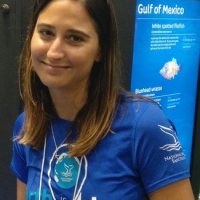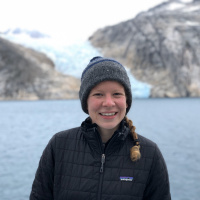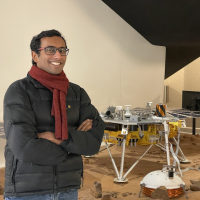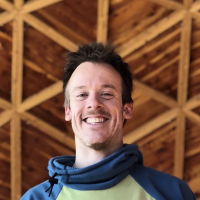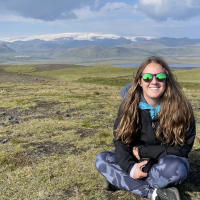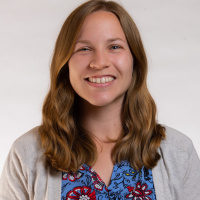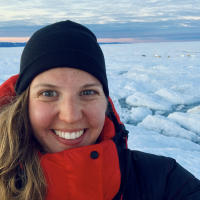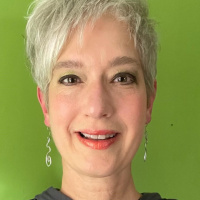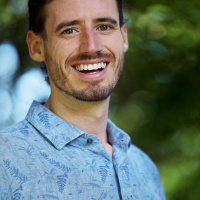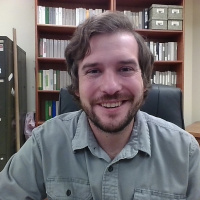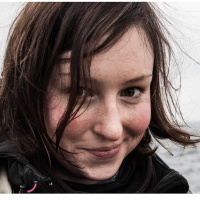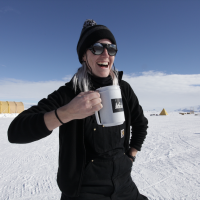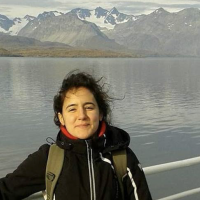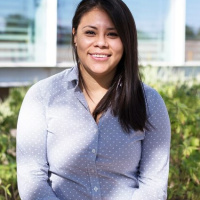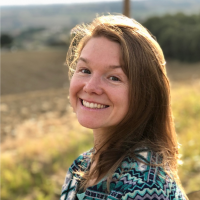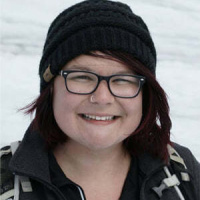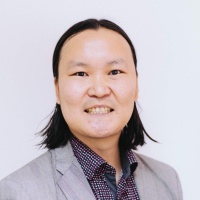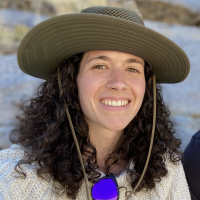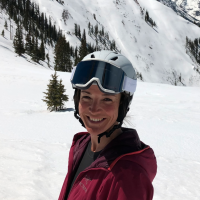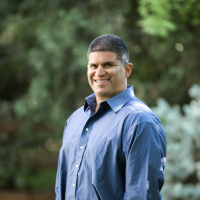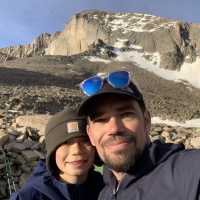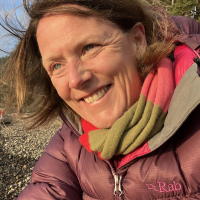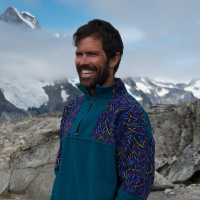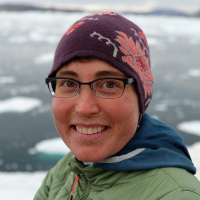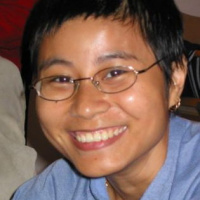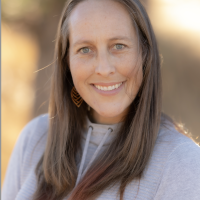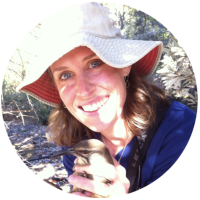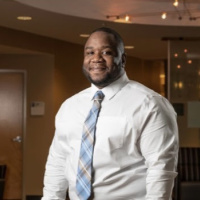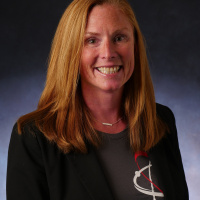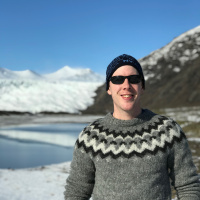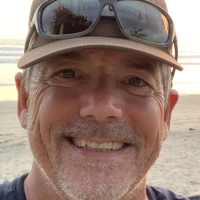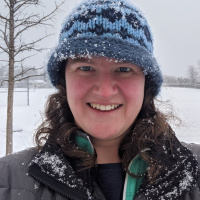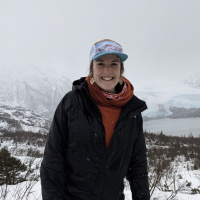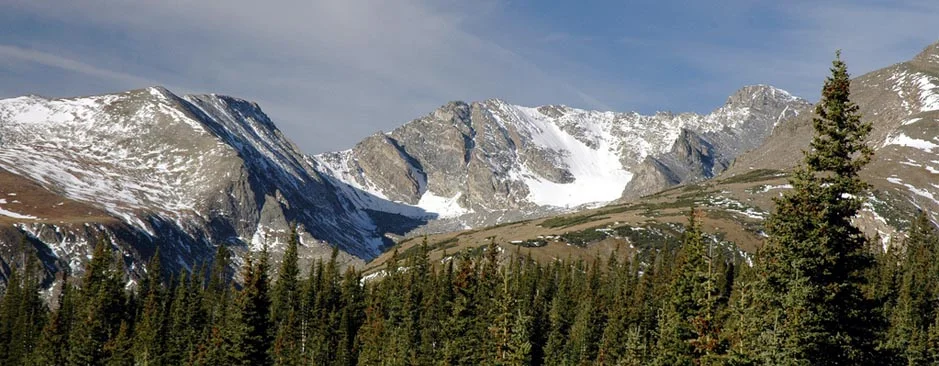
Update: Applications are now closed. Applicants will be notified of their application status by no later than mid-March 2023.
The Polar Science Early Career Community Office is excited to announce that the 2023 Polar Postdoctoral Leadership Workshop (PPLW) will be taking place in Colorado, from May 15 to 19, 2023. The workshop will bring 20 US-based postdoctoral researchers studying Antarctic and Arctic topics together from across the country to activate leadership skills that they can bring into their future careers. Participation in the workshop is free and travel support will be provided (more details below). Participants will be selected by the PSECCO PPLW Selection Committee, with a goal of establishing a discipline-, geographic-, and holistically varied cohort.
What is the PPLW? PPLW is the fourth iteration of the Next Generation of Polar Researchers Leadership Symposium, a multi-day workshop where the future leaders of the polar sciences come together to engage with current and future polar science topics and access skills and training that give them the confidence to step into leadership roles in our field. An outcome of the workshop will be a recommendation to the community about how to participate in leading the polar science community towards a new academia that works for all.
Who can apply? Current postdoctoral researchers or individuals in postdoc-like positions studying Arctic- or Antarctic-related science. We aim to be very interdisciplinary, and field-, model-, remote-sensed- and social- scientists are all encouraged to apply.
Where will it take place? Day one will be hosted in Boulder, CO; Days 2-5 will be hosted at CU Boulder's Mountain Research Station, just north of Nederland, CO (elevation 9500 ft).
When will it take place? The workshop will start on Monday, May 15th and run until Friday, May 19th, 2023.
What are the workshop costs? Attendance at the workshop for all accepted participants is free. All reasonable travel costs will be covered, including airfare (up to $600), ground transportation, lodging and per diem. All local travel, including to the Mountain Research Station, will be provided.
Why are we running a PPLW? Postdocs are often the scientists who are at the very leading edge of research, thus having amazing potential to shape the field, as well as those who will be leading polar science into the future. We are excited to have the opportunity to bring together polar scientists from across disciplines to engage with each other and to empower their leadership for their future careers. This workshop is being shaped by polar postdocs for polar postdocs!
Apply! All applicants need to be based in the US but are not required to be US citizens, as long as your immigration status allows you to receive travel funds from the University of Colorado. The deadline by which to apply is February 15, 2023 at 11.59 pm MT.
Please email psecco@colorado.edu with any questions about the 2023 PPLW.
Workshop supported by
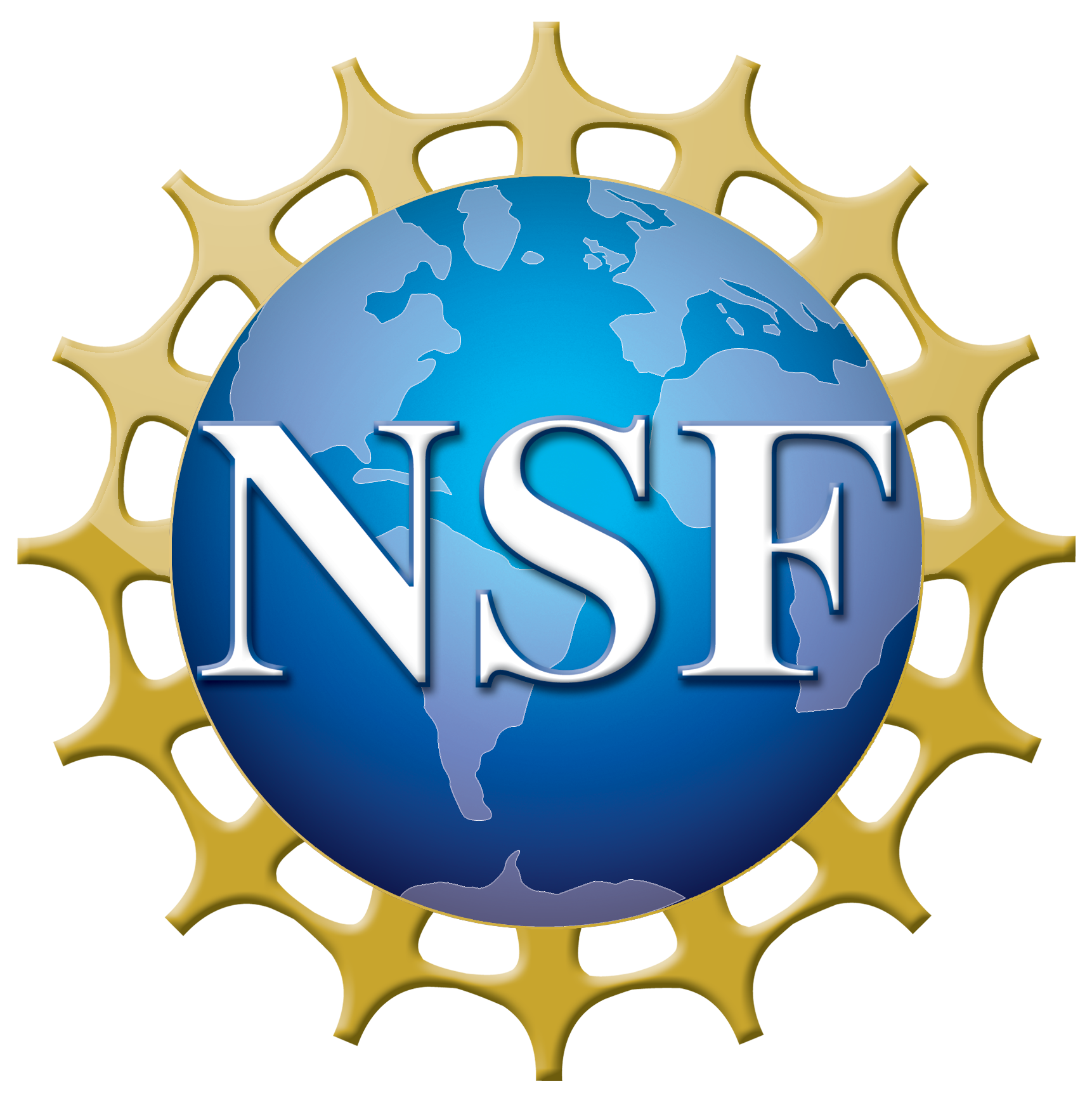
U.S. National Science Foundation (NSF)
Division of Polar Programs (OPP)
Award #2135176 to University of Colorado Boulder
"Supporting and Empowering Polar Early Career Scientists through the Polar Science Early Career Community Office"
